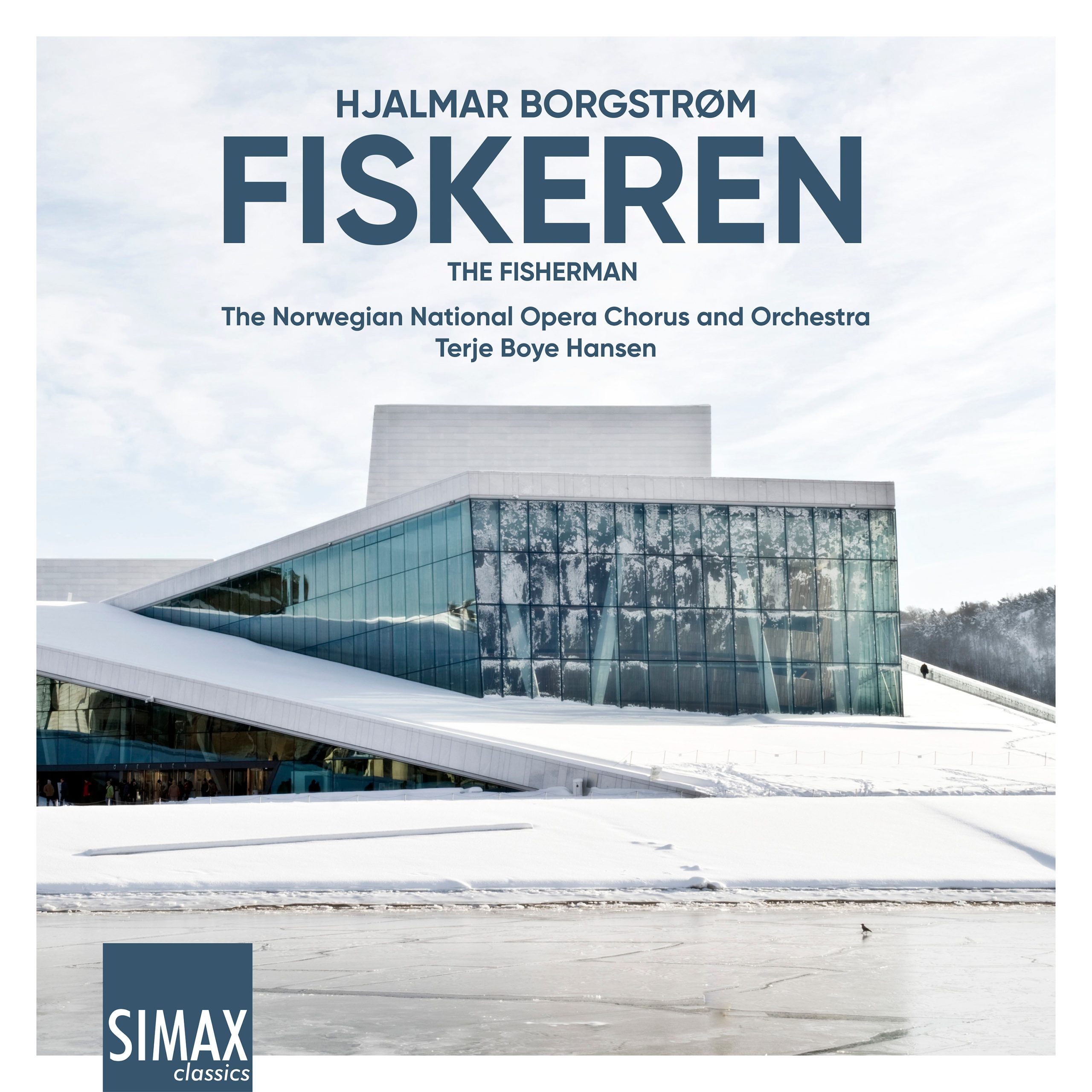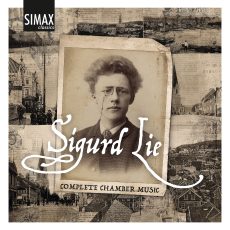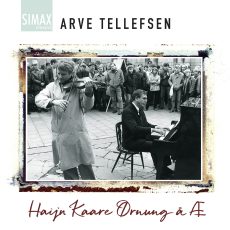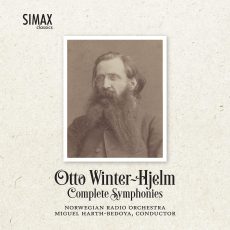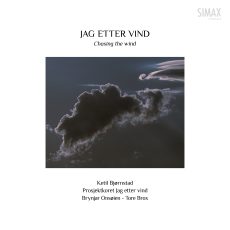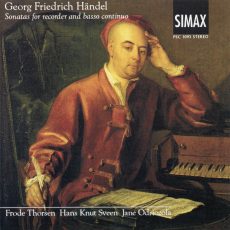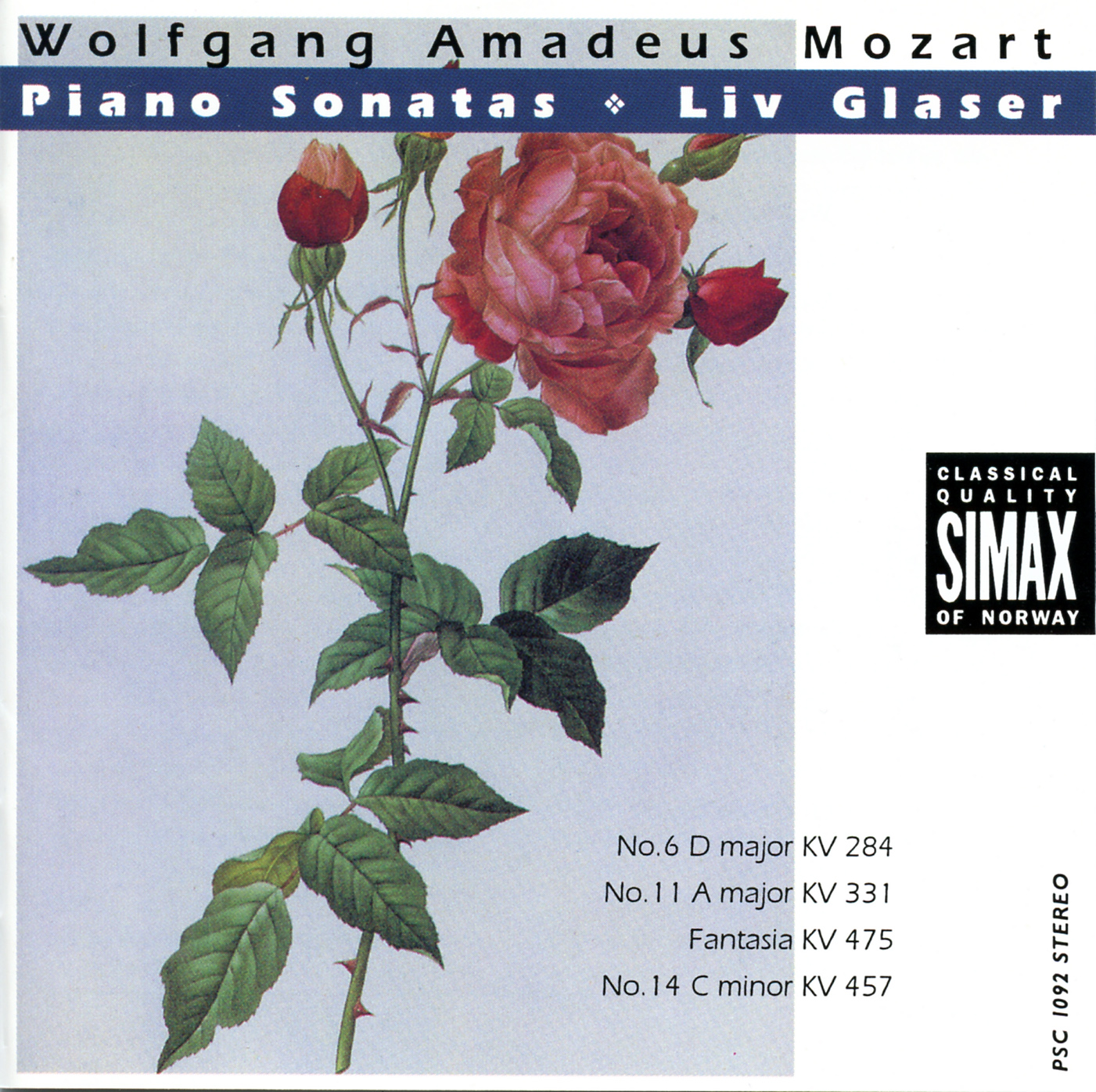On January 26, 2024, the recording of the Norwegian National Opera Chorus and Orchestra’s performance of Hjalmar Borgstrøm’s “Fiskeren” (The Fisherman/Der Fischer) will finally be released. This opera encompasses a forced marriage, a pact with the devil, divine punishment, and forgiveness. The recording, initiated in 2008, has now taken its definitive form in this Simax release. Although Borgstrøm wrote “Fiskeren” in 1900, it wasn’t premiered until March 2003, with the newly established “Kristiansand Symfoniorkester”.
Hjalmar Borgstrøm, well-known and played from 1900 until his death in 1925, has gradually faded from the concert repertoire and been forgotten. He belonged to the generation after Grieg and was contemporary with Edvard Munch and Knut Hamsun, as well as composers like Halvorsen, Mahler, Debussy, and Sibelius. In addition to several orchestral works and a considerable amount of chamber music, Borgstrøm composed two operas, “Thora paa Rimol” (1894) and “Fiskeren” (“Der Fischer,” 1900).
Between 1870 and 1920, during the “golden age” of Norwegian music history, approximately 30 operas and musicals were completed by Norwegian composers. Many of these, including “Thora” and “Fiskeren,” have remained unperformed for a long time. In Borgstrøm’s case, it took over 100 years for his operas to have their premieres. In recent decades, more of these works have been brought out of obscurity, and many of them prove to be well worth rediscovering.
“Fiskeren,” a Wagnerian drama of the soul
Wagner was Borgstrøm’s major operatic influence. “He made the world aware of how obstructive traditional forms were to free artistic expression.” In Wagner’s style, the boundary between declamatory recitative and melodic song disappears, allowing music to serve dramatic expression unhindered by traditional forms. Wagner’s influence is evident in both of Borgstrøm’s operas but is particularly pronounced in “Fiskeren.”
The opera is through-composed and remarkably compact without feeling rushed. In the span of an hour and a half, Borgstrøm weaves a narrative involving a forced marriage, a pact with the devil, and divine punishment and forgiveness. The drama unfolds immediately, with just a couple of bars of introduction in the orchestra, swiftly transitioning between different scenes. There are no arias or songs in the opera that do not play a central role in the drama, and the opera progresses as a single musical stream. Like Wagner, orchestral voices are interwoven with leitmotifs, and the orchestration is carefully considered.
The orchestra holds a central place in Borgstrøm’s music, and he was adamant that the orchestra should reflect the meaning of the music. In his article “The Psychology of the Orchestra” (1912), he writes about how the narrative, in both instrumental works and opera, must be conveyed through the distinctive timbre of the instruments. In “Fiskeren,” the orchestral voice is strikingly varied and brass-heavy, fitting the dramatic and unsentimental narrative.
The central conflict in both of Borgstrøm’s operas is religion. In “Thora,” the drama revolves around Olav Tryggvason’s ultimately triumphant Christianity and Håkon Jarl’s Norse paganism, and Thora’s fatal choice between the two. In “Fiskeren,” the impoverished fisherman Thorbjørn renounces God and makes a pact with the Devil when he and his family are on the brink of starvation. When Thorbjørn then defies the elements to save precious cargo from a sinking ship—neglecting the drowning sailors—he is struck by a mysterious illness. Only forgiveness from both his family and God can save him from damnation.










